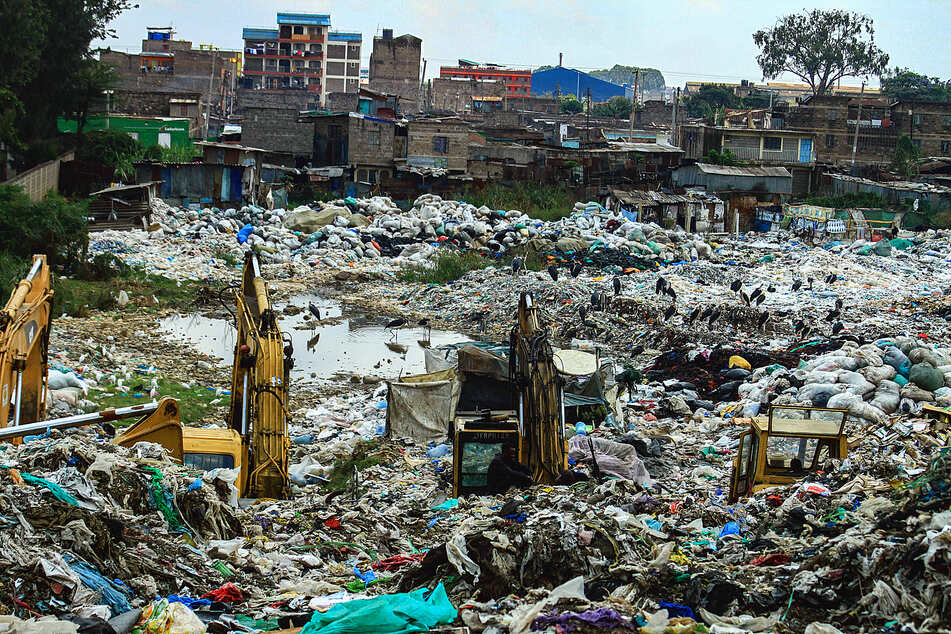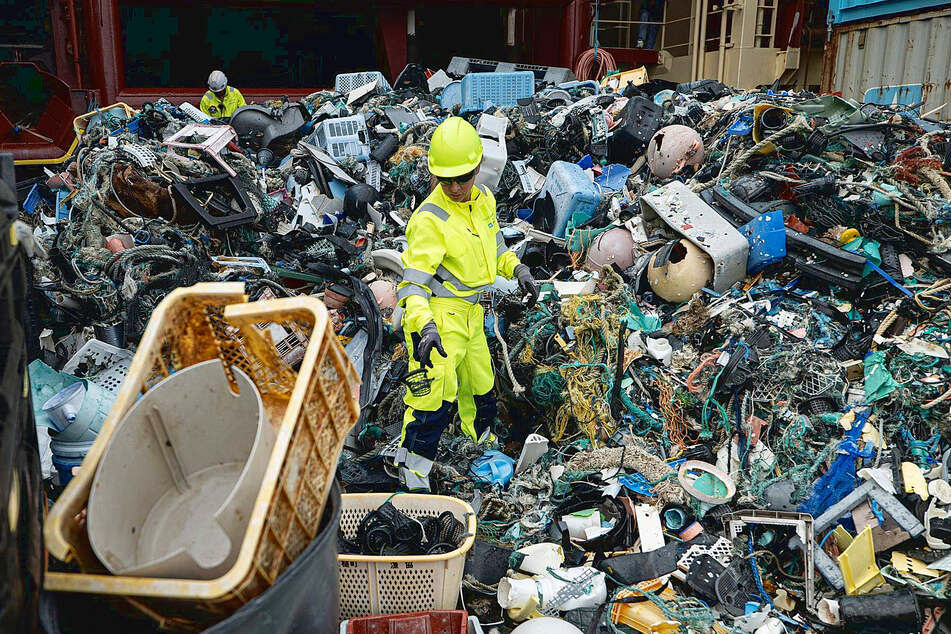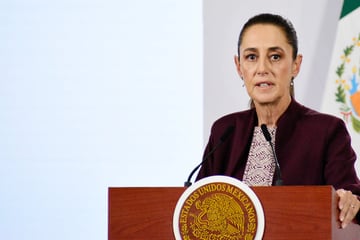International plastic treaty aims to clean up a global mess
Nairobi, Kenya - Negotiators from 193 countries are set to gather in Nairobi, Kenya for next week's Fifth session of the United Nations Environment Assembly, and are expected to kick plans into high gear to tackle international plastic pollution.

According to Science, the event will create a committee to plan a global plastic pollution treaty that would take into account the whole lifecycle of plastic products, something that current measures to prevent plastic pollution don't effectively cover.
Countries that sign the pledge would be committing to a standard of keeping track of how plastic waste ends up in landfills or in waterways.
While there are already methods that let companies and environmental groups trace waste, they vary across the world, sometimes lack useful data from companies, which makes crafting a unified set of guidelines trickier.
The lack of information is partly because not every company accurately reports how much plastic they recycle or produce. Many countries don't require them to make those numbers public.
Another challenge for the treaty will be single-use plastics, which are sometimes seen as irreplaceable in certain industries. Medical supplies are often used once and discarded, due to hygiene concerns, and plenty of food in your local grocery store is swaddled in plastic packaging.
Rays of hope

Despite the hurdles ahead, the event's host, the United Nations Environment Program, can shine some rays of hope on the situation. The organization already trains workers on how to measure and track plastic through products' lifecycles.
And there are plenty of handy tech tricks to help out with watching how much plastic ends up where, like satellite imaging, which is one powerful way to bolster plastic monitoring programs from afar.
Mass balance analysis is another way to monitor plastic production, as it keeps track of how much material goes into a factory compared to how much comes out. This method is expected to improve if companies are held to stricter reporting standards.
What's more, only around 10% of plastics are recycled, so countries have an easy area to make leaps and bounds in cleaning up their plastic streams.
And for the waste that already ended up in waterways, there are already organizations like The Ocean Cleanup, which is working to collect 90% of plastic waste in the ocean and even has started work on intercepting plastic in rivers before it even gets to the open seas.
The two-year timeline for crafting a global plastic pollution treaty is already seen as "ambitious" by the UNEP, but going slower risks further waste polluting our environment.
Cover photo: IMAGO / ZUMA Wire

